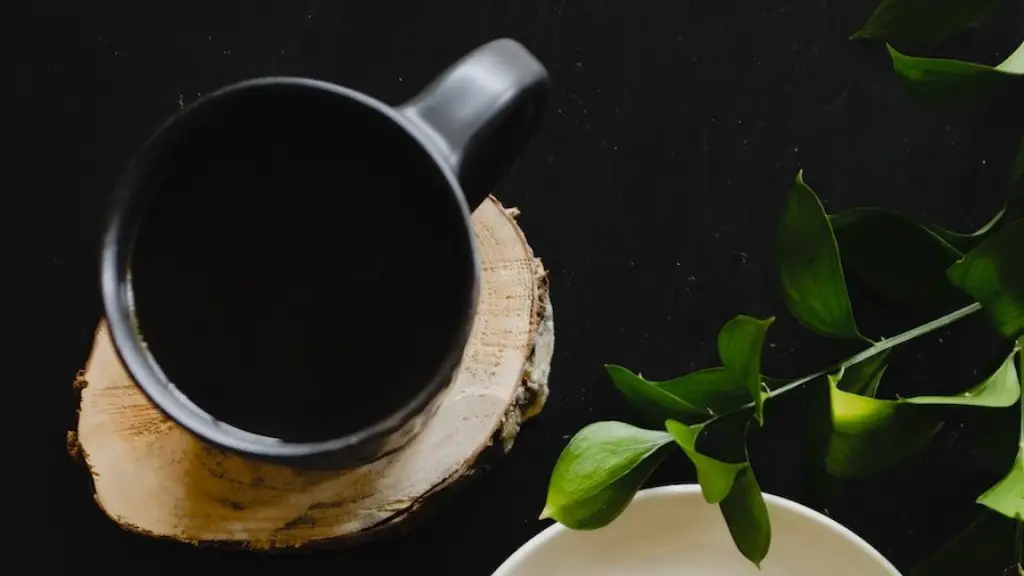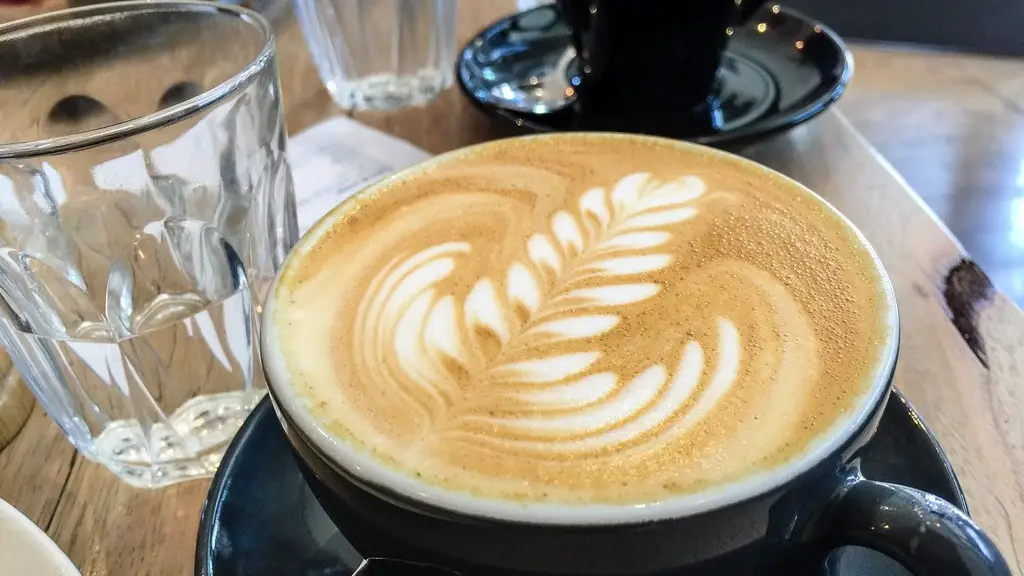In today’s society, many people rely on coffee to get through the day, but what happens when they have a blood test? Can they drink coffee before the blood test? It is a common question, as blood tests can be important for your health, and many people want to keep themselves healthy. The answer to this question is not simple, as it depends on the individual, the type of test, why it is being done and other factors.
Coffee is known to affect the levels of hormones and vitamins in our blood, and the effects vary greatly from person to person. It is known to be a diuretic, meaning it increases the production of urine which can lead to dehydration. This can lead to falsely elevated results on some tests, such as glucose tests. On some tests, such as Vitamin B12 or Folate, coffee can lead to falsely lowered results. If the test is designed to measure how much caffeine is in your system, then drinking coffee in advance can muddle the results.
What happens if the test is designed to measure long-term health trends? If a doctor is looking at your cholesterol levels, or triglyceride levels, then drinking coffee may not have that much of an effect on the results. This is because these tests are designed to measure long-term health trends instead of acute changes in just one day.
Most doctors will advise patients not to drink coffee before a blood test, just to be on the safe side. Additionally, any food or drink consumed prior to the test can lead to inaccurate results. To make sure that results are accurate, a patient should refrain from eating or drinking anything, including coffee, several hours before their test. It is best to consult with a doctor to determine when is the best time to take the test and whether it is safe to drink coffee before the test or not.
It is important to remember that blood tests measure certain substances in the body, such as hormones, vitamins, minerals, and proteins. Each test and individual’s physiology is different, so it is important to consult a doctor to determine the best and safest way to prepare for a blood test. Additionally, a person should always follow their doctor’s instructions, as they know best what type of test and preparation works best for them.
At the end of the day, the answer to the question whether you are allowed to drink coffee before a blood test is not straightforward, as it depends on numerous factors. One should consult a doctor and follow the instructions to ensure optimal results.
The Effects of Caffeine
Caffeine is a stimulant found in several foods, drinks and medications. While it can provide short-term alertness and energy, caffeine can also cause fatigue, headache and nervousness. Some people experience a rise or dip in their blood sugar levels due to caffeine consumption. Caffeine can also affect heart rate, blood pressure and can increase urination, leading to dehydration. Long-term consumption of caffeine can increase the risk of heart disease, stroke, and even breast cancer. Hence, it is important to have an understanding of the effects of caffeine before drinking any coffee prior to a blood test.
How Long Does Caffeine Stay in the System?
Caffeine is metabolized in the liver and eliminated from the body through urine. It takes about five to six hours for the body to process and eliminate half the caffeine consumed. For individuals with high caffeine metabolism, it could take up to ten hours. Therefore if a blood test is being taken more than five to six hours after drinking coffee, then it is likely that the caffeine levels will not affect the results of the test.
Limiting Caffeine Intake
The best way to prepare for a blood test is to limit your caffeine intake. This means avoiding coffee and other caffeinated beverages, such as sodas, energy drinks, and tea. If you do need to have coffee, then make sure that it is decaffeinated and drink it several hours prior to the test. Additionally, it is important to drink plenty of water in order to stay hydrated and to avoid any dehydration due to the diuretic effects of caffeine.
Coffee Alternatives for Blood Tests
If coffee needs to be avoided prior to a blood test, then some alternatives include herbal teas and energy drinks made from natural ingredients. Some energy drinks contain nutrients like Vitamin B12, which can help boost energy levels without the adverse effects of caffeine. Additionally, consuming foods like bananas, apples, and whole grains can also provide energy and other essential nutrients.
Compound Effects of Caffeine
The effects of caffeine are not limited to blood tests. Caffeine can interact with certain medications and cause adverse side-effects. Therefore, if you take medications, it is important to check with a doctor on how they may be affected by caffeine. Additionally, pregnant women should limit their caffeine intake, as high levels of caffeine can increase the risk of miscarriage and preterm birth.
Conclusion
In conclusion, the answer to the question whether you are allowed to drink coffee before a blood test is a complex one. It depends on numerous factors such as the type of test, why it is being done, the individual’s physiology and other factors. Additionally, caffeine can have compound effects on the body, so it is important to be aware of the effects and to consult with a doctor before drinking any coffee prior to a blood test.



